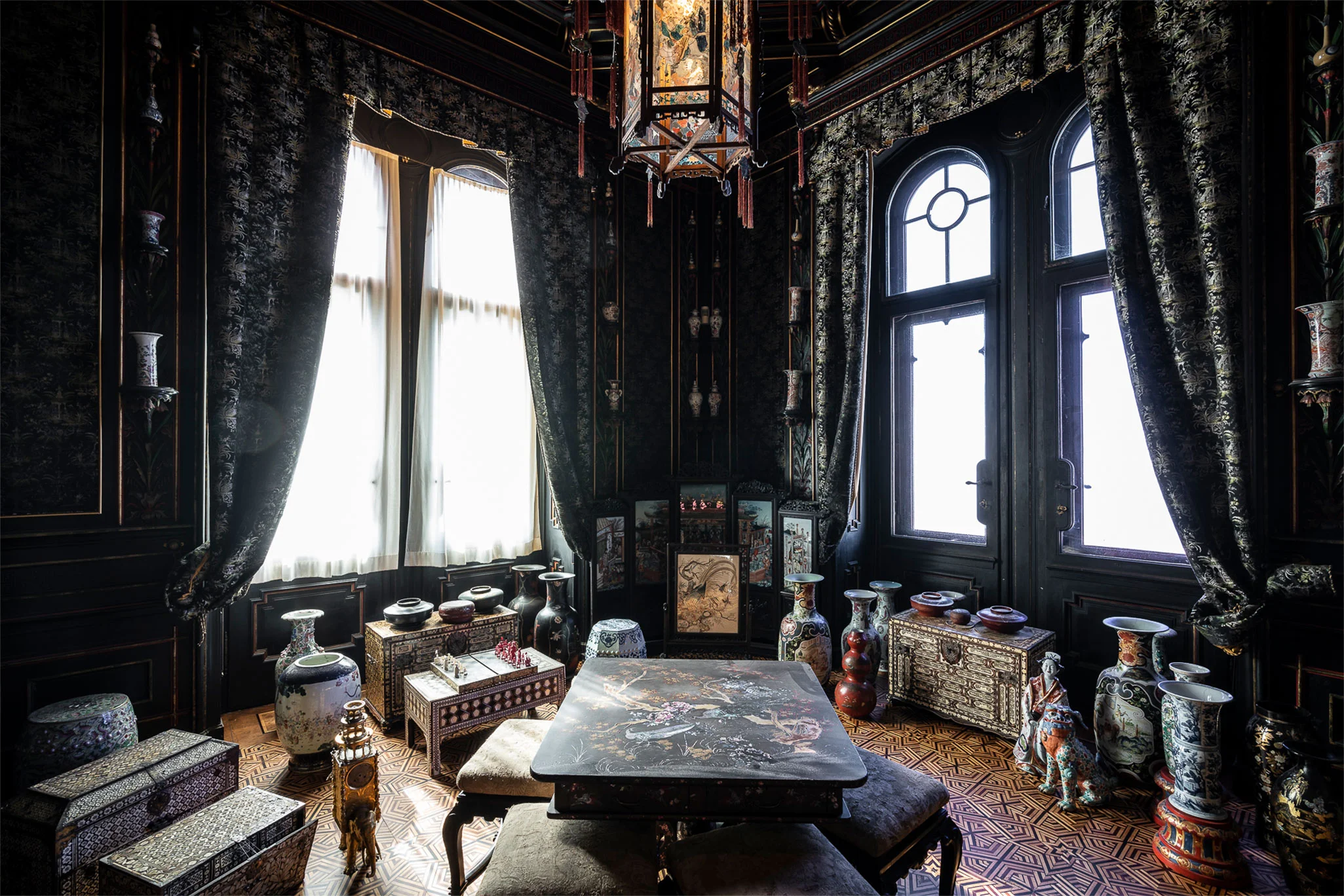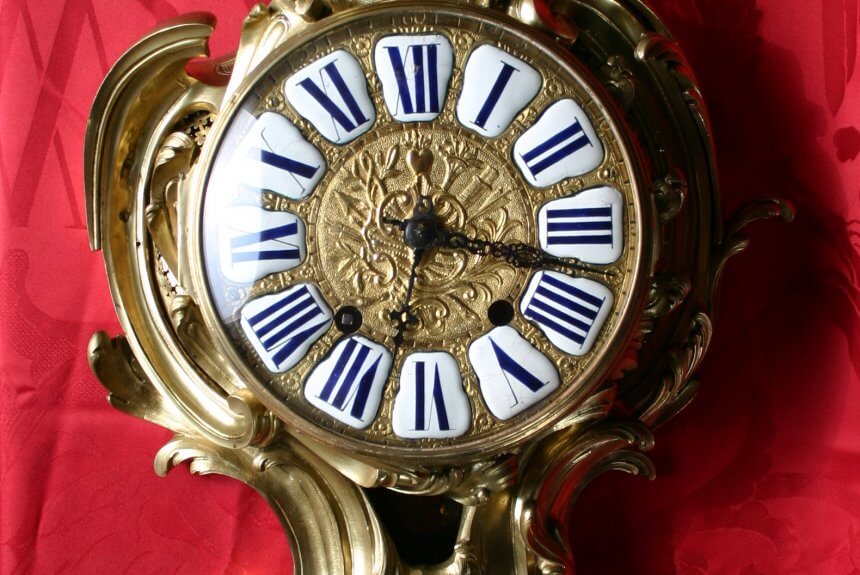Wall pendulum clock, gilt bronze and enamels, late 18th century, hour and quarter chime
Hanging on a wall in the room decorated with paintings by Cesare Dell’Acqua, a fine cartel clock from the late eighteenth century, characterised by a particularly robust case made of chiselled and gilded bronze, makes a fine display.
The term cartel, derived from the Italian word for “sign,” designates a type of short pendulum clocks, originally typically made in France, which were produced from the early eighteenth century onward and were intended to be hung on the wall. Their distinctive feature was the decoration of the case.
The piece in Miramare, which can be dated to the late eighteenth century, is elegantly decorated with curvilinear and asymmetrical floral volutes and simplifies the eighteenth-century sumptuousness typical of cartels d’applique, complex works that involved synergic effort of designers, sculptors, foundrymen, gilders and watchmakers.






Recent Comments